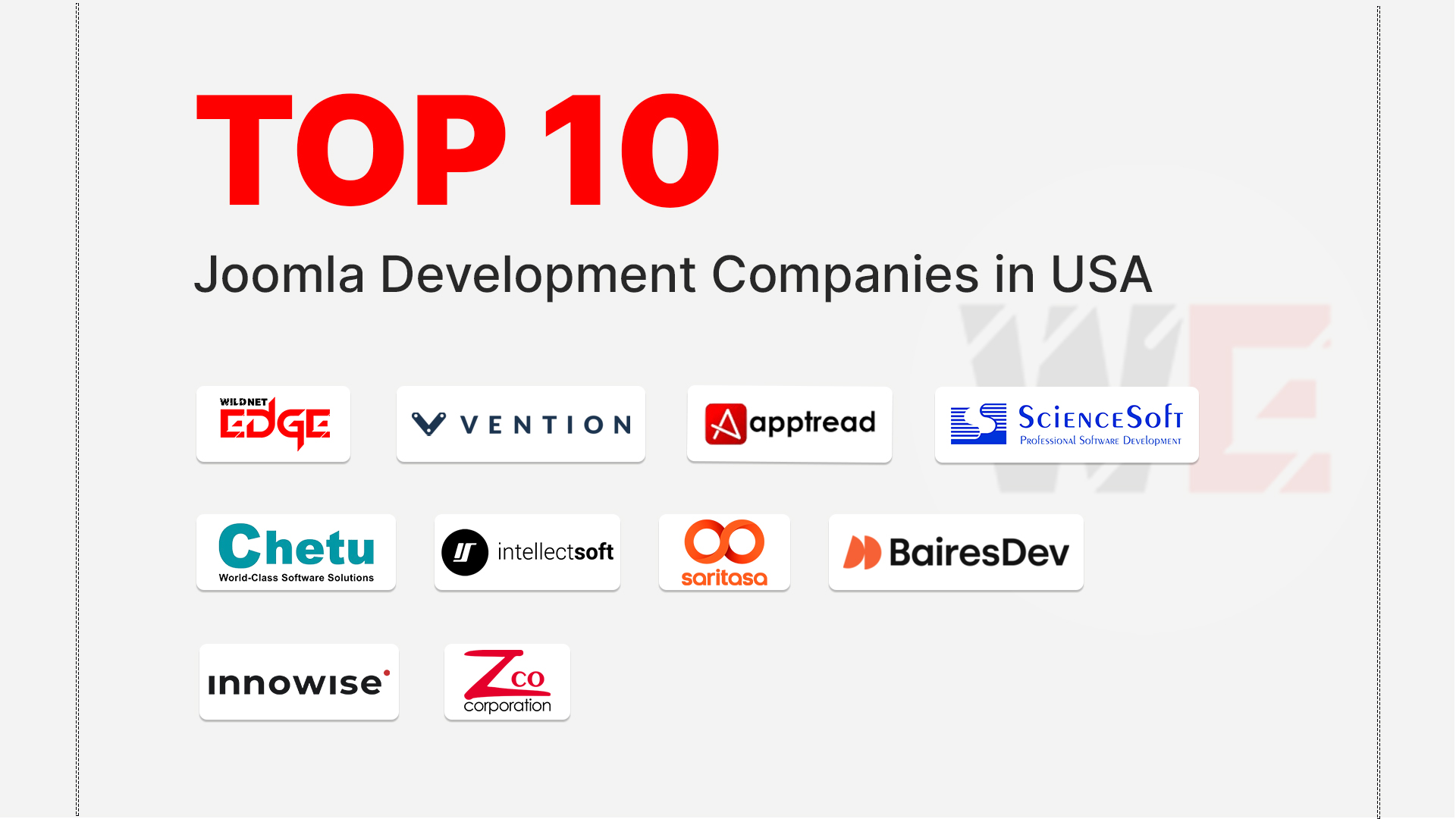Understanding the time tracking app development cost is crucial for businesses and entrepreneurs looking to invest in effective time management solutions. In today’s fast-paced world, the need for an efficient time tracking app has grown, driving many to consider the worth of such development. This article delves into the various factors influencing development costs, optimizing budget allocation, and maximizing productivity through judicious spending. With insights into market demands and software charges, you’ll gain valuable information about the cost structure of your potential time tracking app.
Factors Influencing Time Tracking App Development Cost
Time Tracking Software Charges Breakdown
The time tracking software charges are influenced by several aspects that demand careful consideration. Firstly, the complexity of the app design plays a significant role; more intricate designs typically incur higher charges. Secondly, the addition of advanced features—like integrations with existing systems, robust reporting tools, or offline capabilities—can elevate the project budget. Furthermore, the choice between native app development and cross-platform solutions also affects the overall software charges. Thus, when estimating costs, it’s essential to account for all the potential features and their respective impacts on the budget.
Time Project Budget: Setting Realistic Expectations
Creating a realistic time project budget requires a strategic approach. Begin by identifying key features and functionalities necessary for your app. Next, consider the app’s complexity; for instance, a simple logging function will cost substantially less than a comprehensive project management suite. Team size is another crucial factor; larger teams can accelerate development but will also inflate costs. By understanding these elements, you can set a budget that aligns with your project goals without compromising on quality.
Hidden Costs in App Development
When planning for a time tracking app, it is vital to recognize hidden costs in app development. Often overlooked expenses can significantly impact your total costs. For example, maintenance and updates post-launch are common areas where costs can spiral. Additionally, factors such as third-party services, user testing, and potential legal fees for compliance can add up quickly. It’s beneficial to set aside a contingency fund to accommodate these hidden costs and avoid unexpected financial strain.
Productivity Pricing Models for Time Tracking Apps
Understanding Different Pricing Models
In the realm of app development, understanding the different productivity pricing models is vital. Common structures include hourly rates, fixed price contracts, and value-based pricing. Each model has distinct implications for total costs. Hourly rates might seem straightforward but can fluctuate based on the developer’s location and expertise. Fixed price contracts offer certainty but require accurate scope definition. Value-based pricing aligns cost with delivered value, which can be advantageous if your app significantly boosts productivity.
Analyzing the Value of Development Features
Evaluating the value of development features is fundamental to determining productivity pricing. Features that drive user engagement, like analytics dashboards or automated reports, often come at a premium. It’s essential to consider the cost vs. value proposition; investing in features that enhance user experience can lead to higher adoption rates and, ultimately, a better return on investment. Prioritizing must-have features over nice-to-haves can help control costs while ensuring essential functionalities are delivered.
Market Trends Affecting Productivity Pricing
Current market trends significantly influence productivity pricing. As more companies adopt agile methodologies, the demand for rapid development cycles has increased, driving competition. This competition can lead to varied pricing strategies among developers. Trends such as outsourcing to countries with lower labor costs can also affect overall development expenses. By staying informed about market changes, businesses can better navigate the pricing landscape and make informed decisions.
Choosing the Right Time Tracking App Development Company
Time Tracking App Development Company: Making the Right Choice
Selecting the right time tracking app development company is paramount for ensuring a successful project. Start by examining potential partners’ experience and expertise in developing similar apps. Look for companies with a solid portfolio that demonstrates a successful track record. Red flags to avoid include inconsistent project completion or a lack of transparency in their pricing structures. Trustworthy communication and a clear understanding of your vision are essential qualities in your chosen development partner.
Assessing Portfolio and Experience
The importance of reviewing a development company’s portfolio cannot be overstated. A strong portfolio provides insight into a company’s capabilities and past project outcomes. Focus on apps that align closely with your intended features and functionality. An experienced company will likely have worked on projects with varying degrees of complexity, thus equipping them to manage potential challenges. Understanding their previous successes can also help inform your time tracking app development cost expectations.
Client Testimonials and Reviews
Client testimonials and reviews carry significant weight when choosing a development partner. Feedback from former clients can reveal the strengths and weaknesses of the company. Look for comments on communication, deadline adherence, and overall satisfaction. Understanding how past clients viewed their experiences can help you set accurate time tracking app development cost expectations and avoid potential pitfalls in your own project.
Hiring Time Tracking App Developers: What to Consider
Hire Time Tracking App Developer: Qualities to Look For
When you decide to hire time tracking app developer, certain qualities are essential to ensure successful outcomes. Look for developers with a robust technical skill set, especially in the technologies relevant to your project. Communication skills are equally important; a developer who can articulate ideas and issues is invaluable. Additionally, prior experience with time tracking solutions can expedite the development process, allowing for more effective and efficient outcomes.
Full-time vs. Freelance Developers
Deciding whether to hire full-time employees or freelancers involves weighing the costs and benefits of each option. Full-time developers typically provide dedicated resources, which can lead to longevity in the project. However, this may entail higher upfront costs and commitments. On the other hand, hiring freelancers can reduce initial expenses and provide flexibility. However, be mindful that this could impact project continuity depending on their availability. Evaluating your project scope and budget will guide this decision.
Long-term Relationships with Developers
Fostering long-term relationships with developers provides numerous advantages. Establishing a rapport can lead to consistency and a deep understanding of your project, which ultimately optimizes costs. Ongoing collaboration with the same developers can streamline future updates and adaptations, helping maintain app quality and relevance in a changing market. Investing time in building these relationships can significantly benefit your development journey.
Case Studies on Time Tracking App Development Costs
Successful Apps Within Budget
Exploring successful apps within budget can provide useful insights into effective budgeting strategies. For instance, an app that facilitates team collaboration on time management tasks was developed within budget by prioritizing core features and utilizing an agile development approach. They allocated resources efficiently while focusing on user experience, which led to high satisfaction rates and repeat usage. Lessons learned from such case studies emphasize the importance of defining essential functionalities and sticking closely to the project budget.
Over Budget Projects: What Went Wrong?
Analyzing over budget projects reveals critical insights on what can go wrong. Common pitfalls include vague project scopes, underestimating the complexity of features, and poor client-developer communication. One project suffered from feature creep, where additional functionalities were added mid-development without adjusting timelines or budgets. By assessing these cases, you can learn the importance of maintaining clear objectives and consistent communication to avoid unnecessary expenses.
Budgeting for Future Development Iterations
Planning for future development iterations is essential in the app lifecycle. Allocating budgets for updates and enhancements ensures your app remains competitive. Consider setting aside a percentage of the total development cost for ongoing improvements and adjustments based on user feedback. Strategies such as utilizing a phased approach can help distribute costs over time, making budgeting more manageable and allowing for continual investment in your app’s success.
Conclusion
In this detailed exploration of time tracking app development costs, you have gained comprehensive insights into productivity pricing and the related expenses. Understanding how to budget effectively, select the right development company, and hire skilled developers creates a solid foundation for success. Consider the expertise of Wildnet Edge, a trusted, AI-first company, to fulfill your development needs efficiently.
FAQs
Factors include app complexity, features, and developer rates.
Create a detailed plan considering features, design, and potential hidden costs.
Charges can vary based on features, team size, and pricing models chosen.
Evaluate companies based on experience, portfolio, and client reviews.
It depends on your project scope and budget; both options have pros and cons.

Nitin Agarwal is a veteran in custom software development. He is fascinated by how software can turn ideas into real-world solutions. With extensive experience designing scalable and efficient systems, he focuses on creating software that delivers tangible results. Nitin enjoys exploring emerging technologies, taking on challenging projects, and mentoring teams to bring ideas to life. He believes that good software is not just about code; it’s about understanding problems and creating value for users. For him, great software combines thoughtful design, clever engineering, and a clear understanding of the problems it’s meant to solve.
 sales@wildnetedge.com
sales@wildnetedge.com +1 (212) 901 8616
+1 (212) 901 8616 +1 (437) 225-7733
+1 (437) 225-7733















 ChatGPT Development & Enablement
ChatGPT Development & Enablement Hire AI & ChatGPT Experts
Hire AI & ChatGPT Experts ChatGPT Apps by Industry
ChatGPT Apps by Industry ChatGPT Blog
ChatGPT Blog ChatGPT Case study
ChatGPT Case study AI Development Services
AI Development Services Industry AI Solutions
Industry AI Solutions AI Consulting & Research
AI Consulting & Research Automation & Intelligence
Automation & Intelligence














